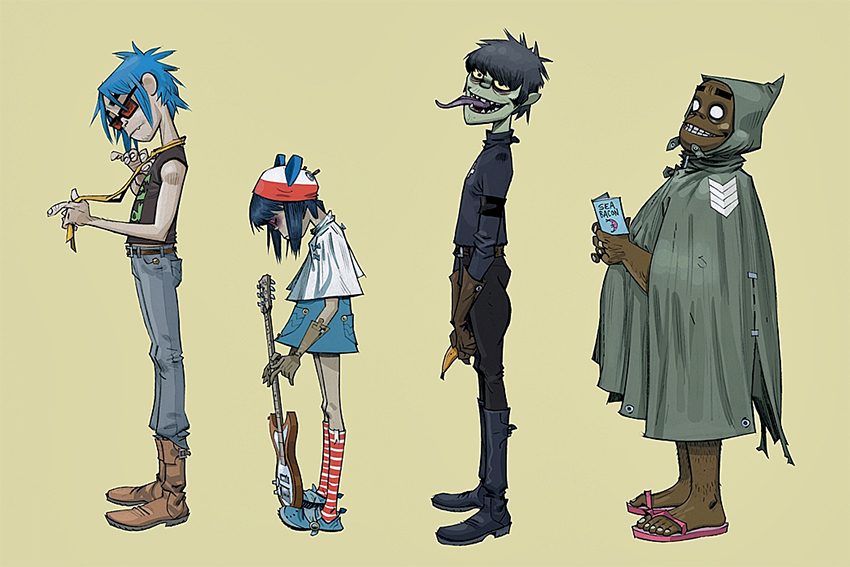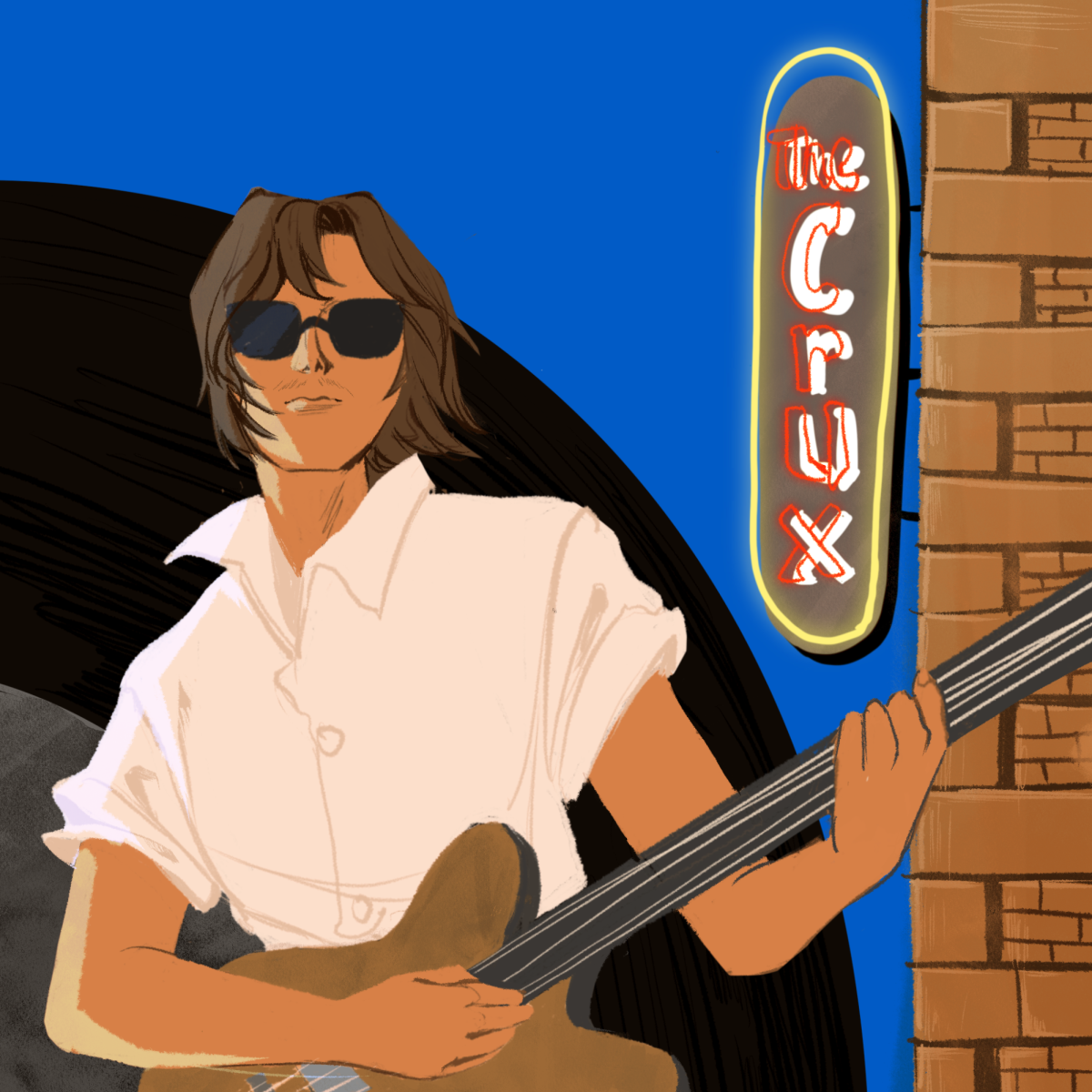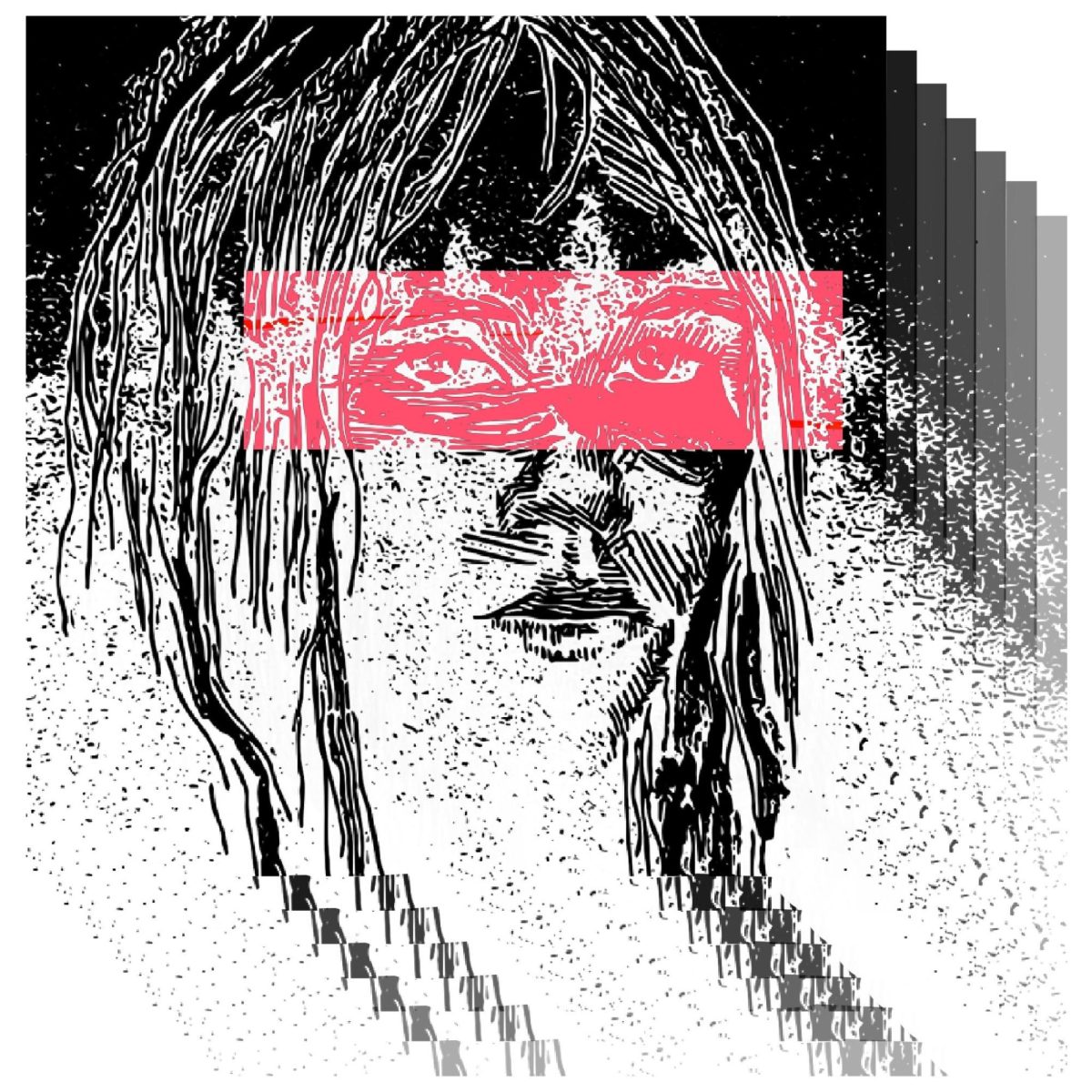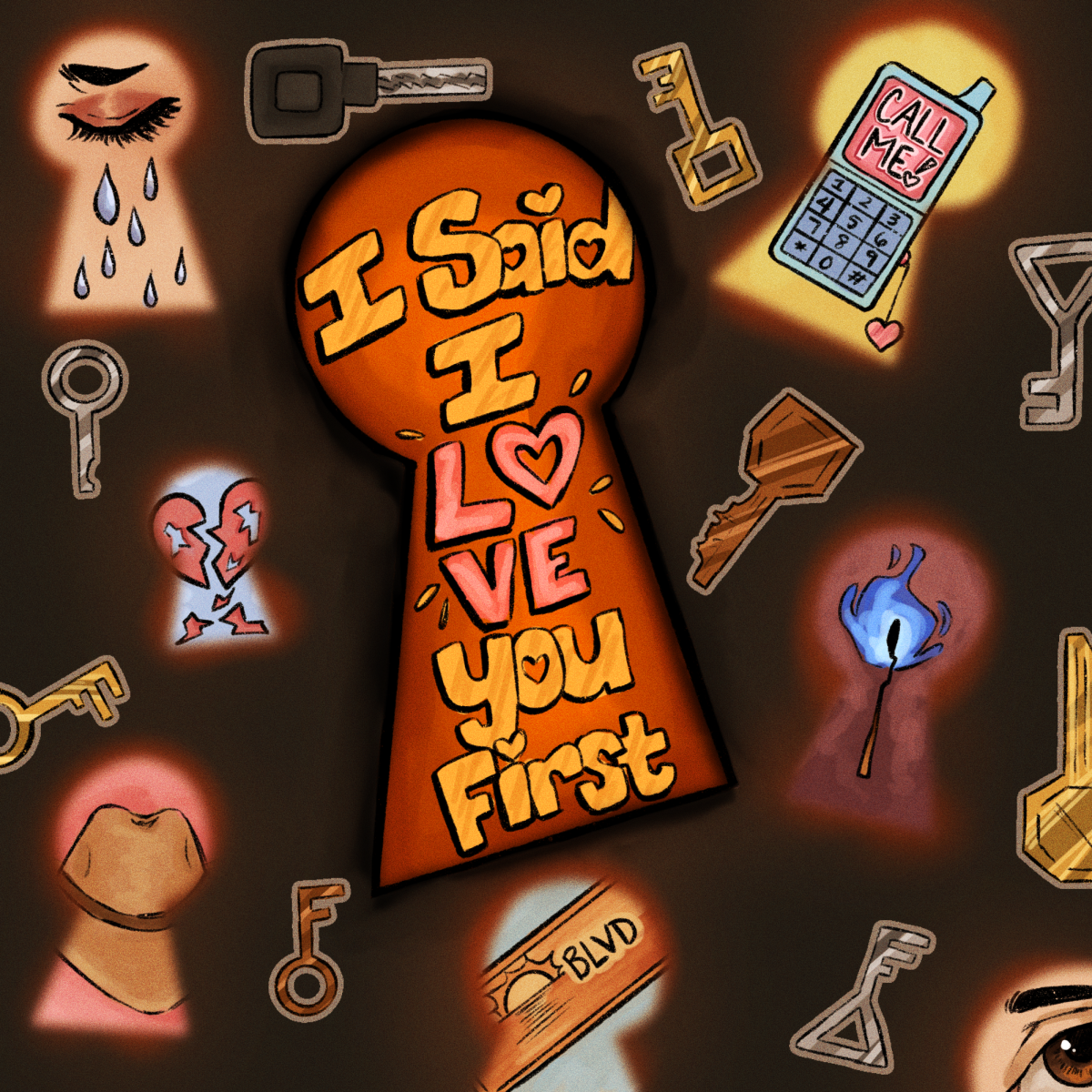On their newest album, Gorillaz take yet another unexpected turn, moving toward electro and art pop while relying heavily on features to create a lackluster listen.
After seven years of silence, teasers began to pop up on Gorillaz social media accounts a few months ago. Started as a digital band, the Gorillaz project is the love child of Blur frontman Damon Albarn and designer Jamie Hewlett. Together, they created one of the most intriguing bands of the 21st century — a group made up of four fictional cartoon members that thrived in genre blending and an alternative approach to pop. Bringing on dozens of collaborators to craft their music, the act’s most memorable release, Demon Days, embodied the political anxieties of its day with catchy tunes. On their newest record, Humanz, Albarn tries to replicate the feeling of Demon Days while adapting it for modern politics, but instead overly saturates many tracks, creating redundant messages and an inconsistent listen.
At the core of Humanz is not an overtly political message but rather an emotional reaction to recent political events. Revolving around a fictional world-changing event, likely inspired by the election of Donald Trump as president of the United States, Humanz takes on a New Wave-esque path to navigating emotional confusion and undergoing personal discovery.
Kicking off with a brief intro and “Ascension,” a track featuring Vince Staples, Albarn attempts to deal with inequality and racism head on. In Staples’ last verse, the track oozes power, making it quite an impressive and venturous opener. However, just two songs later on “Saturn Barz,” Albarn relies too heavily on his featured artist Popcaan, crafting a song that sounds like a Popcaan single rather than a true collaboration between the two.
This trend continues throughout all of the 20 tracks on Humanz, with Albarn alternating between well-incorporated features that blend into the overall Gorillaz futuristic sound and some that fall flat, lacking any support from the instrumentation and organization of the track. “Let Me Out,” featuring Pusha T and Mavis Staples, embodies what Gorillaz fans yearn for in a single from the group, playing with religious themes and the redemption of the average man. Pusha T in particular absolutely slays his verses, using his second of the two to beg for a sign that the world isn’t corrupt and unworthy of his trust. After “Interlude: Penthouse,” Gorillaz come back with a tragically overproduced dance song titled “Sex Murder Party,” defaulting to a standard sound and making for one of the most boring songs on this record.
Concluding on the album’s worst track, “We Got The Power,” Albarn sounds exhausted. After 19 tracks, it’s obvious he has run out of ideas to reiterate the same ideas. The hook on this song is nowhere up to the standards that Jehnny Beth of the band Savages and Noel Gallagher typically write, and with that Humanz just fizzles out. The additional six bonus tracks aren’t worth the additional 19 minutes of runtime, acting like a shrug as if Albarn has nowhere to go.
Although it might not be a bad record, Humanz is a disappointment for a Gorillaz release. Seven years later, the band has a halfway cohesive political record. Several tracks stand out, but others fall flat, only adding to the album’s length. If Gorillaz decide not to put in the effort to design, animate and record another album, Humanz will likely stand as the most disappointing record in their storied discography, serving as a strange conclusion to a grand experiment.
Rating: 5/10





















